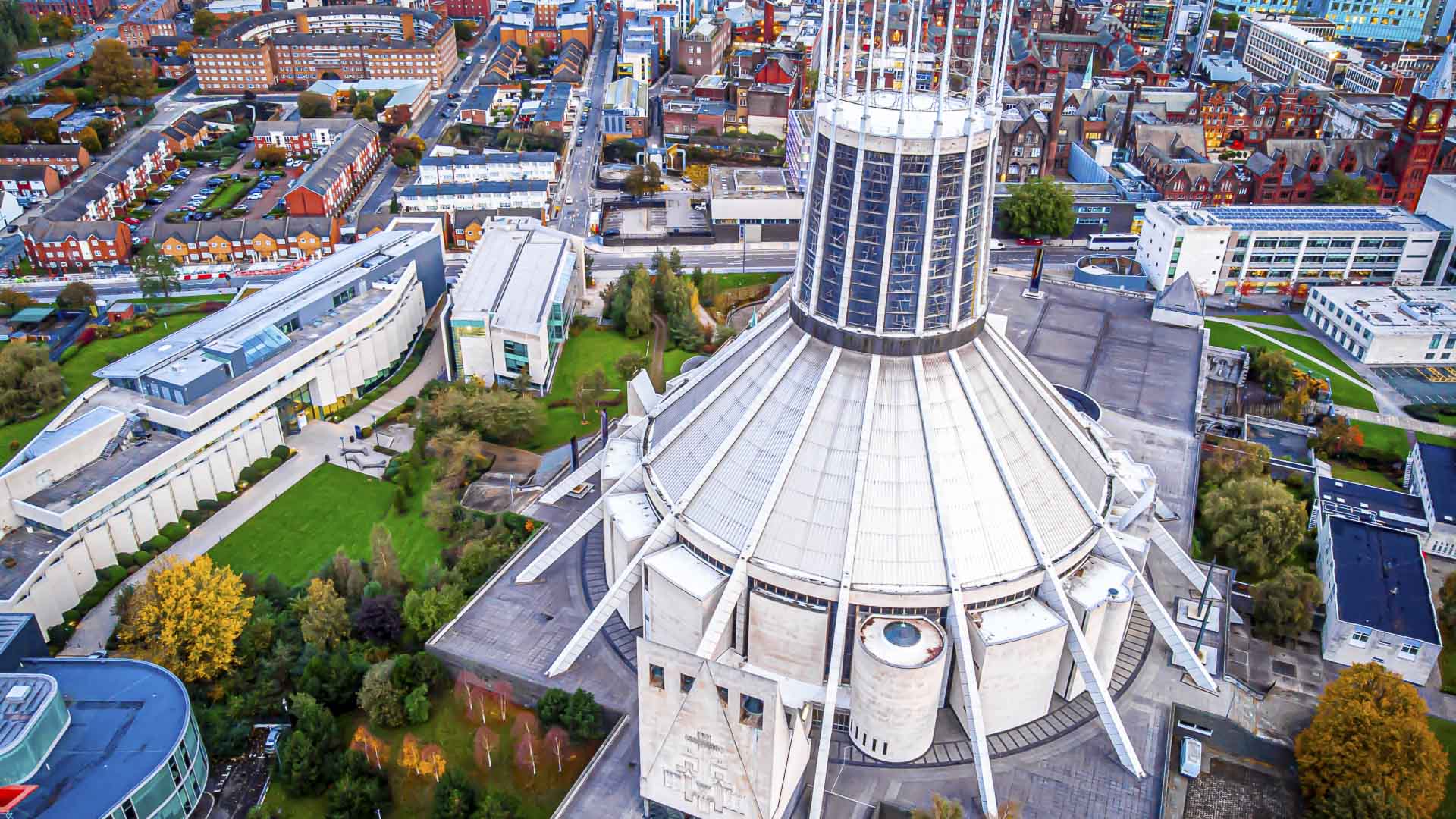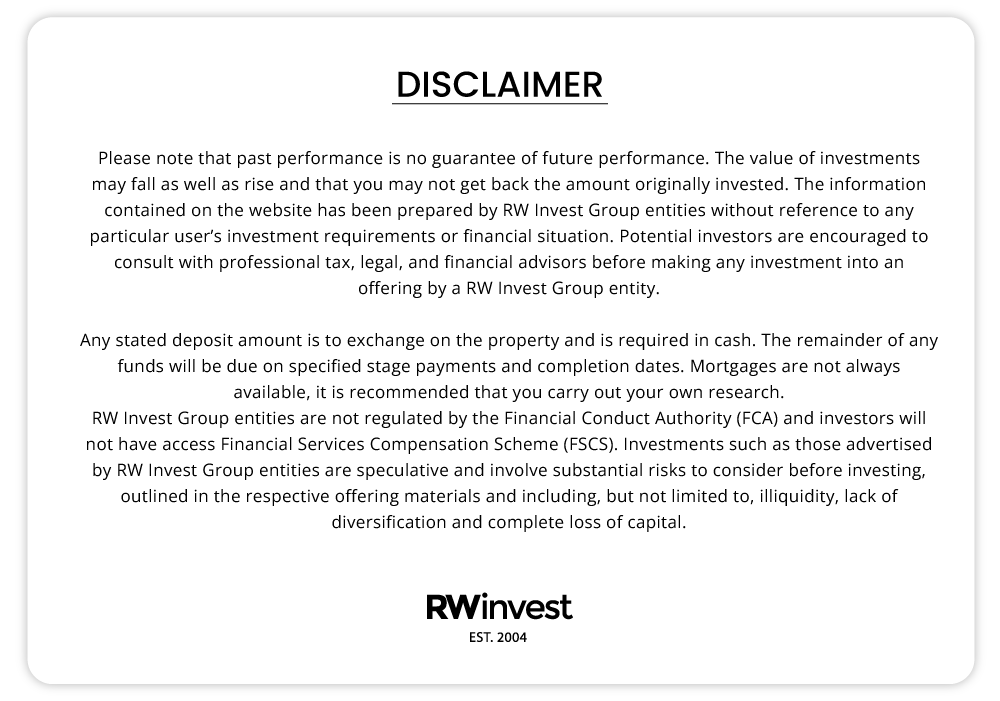Celebrating 10 Years as the Liverpool City of Culture
Over 10 years ago, Liverpool stood firmly on a world-renowned stage and embraced its well-earned title of European Capital of Culture. Liverpool City of Culture transformed the way the world perceived the modern metropolis of art, culture and sport and propelled Liverpool into an instantly recognisable destination.
The decision to bid for the European title was instigated before the turn of the millennium 18 years ago, and foundations were made to start revolutionising the region’s collective ambition. Eight years later, after a total of £4 billion of public and private investment, fuelled by cultural activity, Liverpool’s visitor economy had doubled. Liverpool had secured its reputation and began to be increasingly more attractive to overseas visitors with notable spending powers.
During the Liverpool European Capital of Culture, 9.7 million additional visitors were attracted to the spectacle in 2008, constituting 35% of all visits to the city, generating an economic impact of £753.8 million – the highest for any European Capital of Culture to date.
Today, the Liverpool city of culture presents itself as a beacon of excellence amongst major cities competing for recognition of the same calibre – recognised as a top spot for overseas investment, tourism, and overall economic growth. Let’s take a look at how the city has changed since the 2008 Liverpool Capital of Culture, and how Liverpool is going to continue celebrating its place as a UK hotspot.
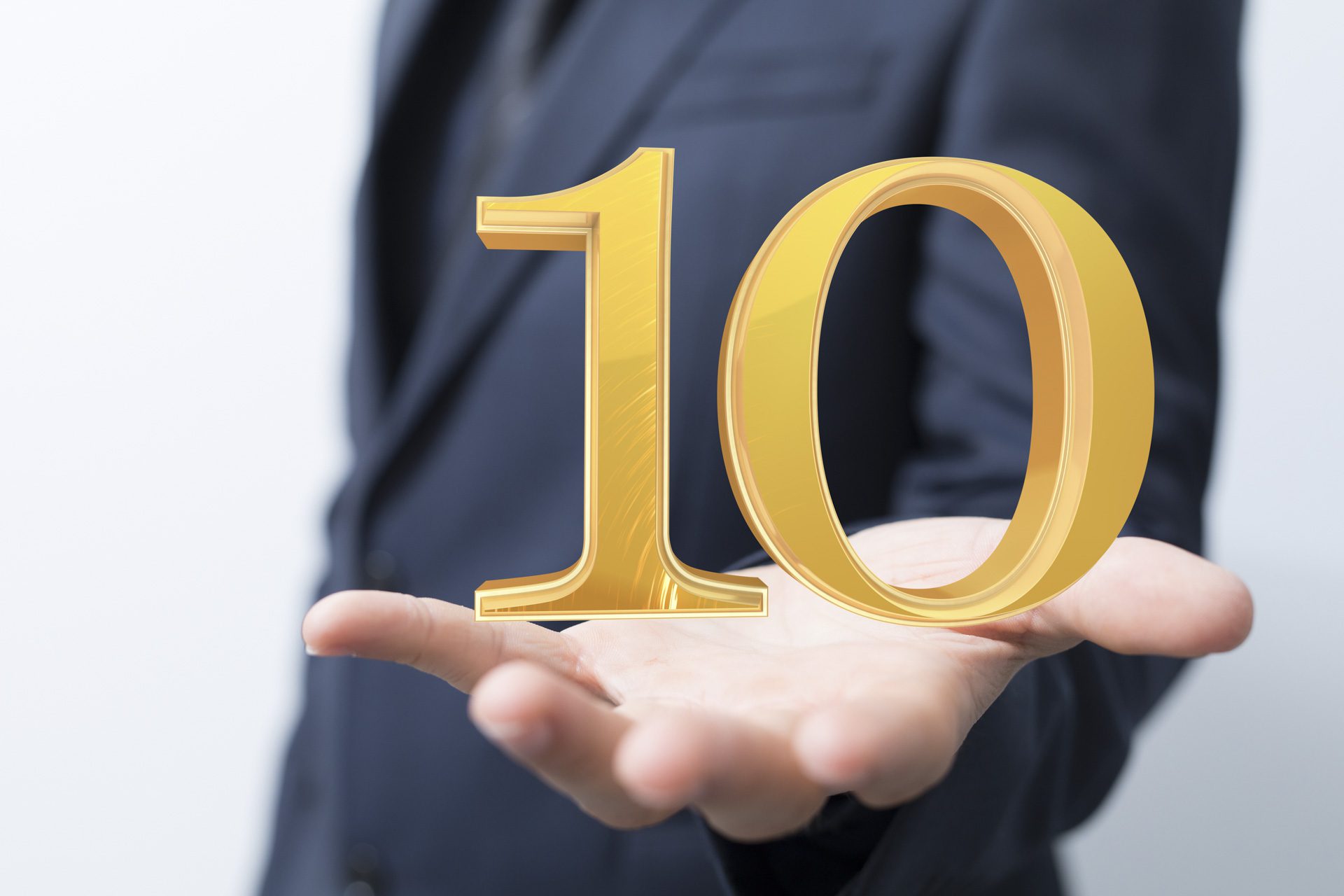

When Was Capital of Culture Liverpool?
Liverpool was hailed Capital of Culture for the year of 2008, alongside Stavanger in Norway. The Liverpool culture capital has always been known for its cultural offerings, with a fantastic literature, arts, theatre, poetry, and music scene. By becoming the capital of culture, Liverpool’s cultural scene and economy have flourished even further.
What’s Happened to the City Since the Liverpool European Capital of Culture 2008?
International Recognition
Liverpool has come a long way since becoming the cultural capital of the world back in 2008. Earning the Liverpool European Capital of Culture title was the green light for Liverpool to experiment with new challenges, collaborate with other cities and celebrate everything they are famed for.
Here are a few of the ways that Liverpool has changed since becoming the European capital of culture 2008.
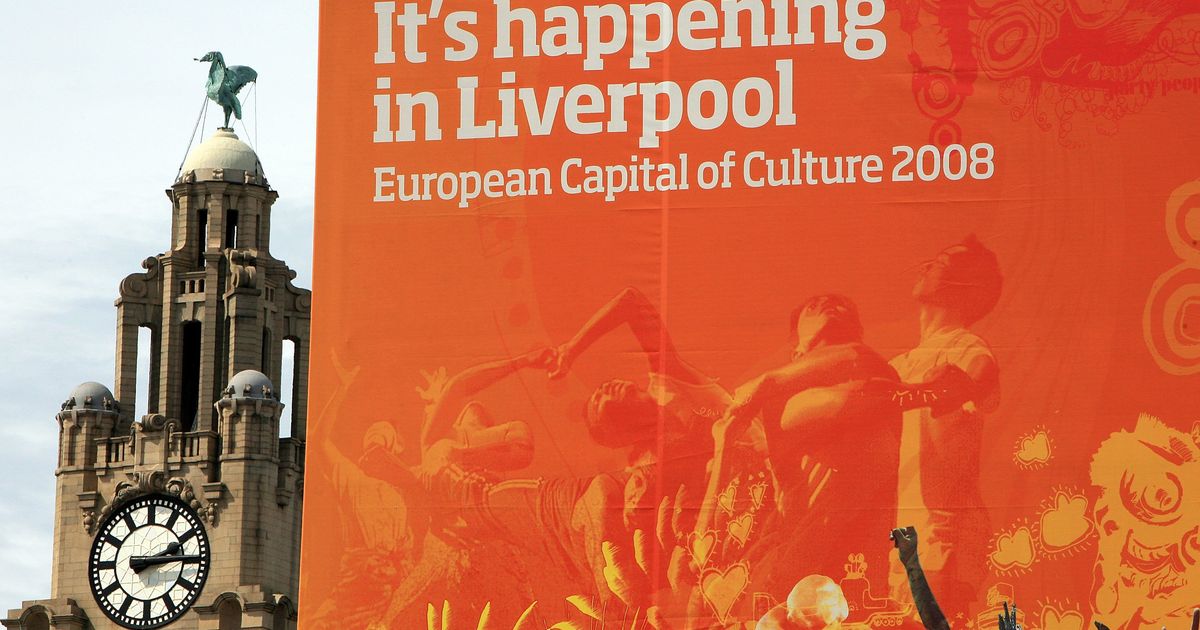

New Developments
Extensive regeneration across Liverpool has led to the formation of a number of new and exciting developments. Perhaps the most notable development is Liverpool One, which launched in 2008. Liverpool One is a huge shopping complex filled with an eclectic mix of high street names, bars, restaurants and leisure attractions. Welcoming around 29 million visitors, Liverpool One is an integral part of the city centre, adding to the city’s appeal as a UK tourist destination.
Amongst the ongoing regeneration happening across Liverpool, property development has played a huge part in the city’s growth. Due to an increasing Liverpool population leading to high levels of demand, many property developers have chosen Liverpool as the home of some much-anticipated developments. Past completed properties include Wolstenholme Square, located in the heart of Liverpool City Centre, while upcoming developments such as One Baltic Square in the city’s thriving Baltic Triangle are also eagerly awaited.


World-Famous Events
The Liverpool Capital of Culture was an event in itself for the city, and ever since 2008, more and more fantastic events have been announced. One of the city’s most celebrated events over the last 10 years has been the Liverpool Giants, created by French theatre company Royal de Luxe. The Giants made their mark on the city centre in 2012, and are planning to return at the start of October 2018.
To celebrate 10 years since Liverpool was named 2008’s cultural capital of the world, several exciting Liverpool City of Culture events have been announced including the Terracotta Warriors exhibition based in the Liverpool World Museum.
Other cultural events regularly take place in the city each year, celebrating visual arts, the city’s music scene, and the overall creativity of the city region. Examples include the annual Liverpool Sound City music festival, Liverpool Biennial of Contemporary Art, and more.
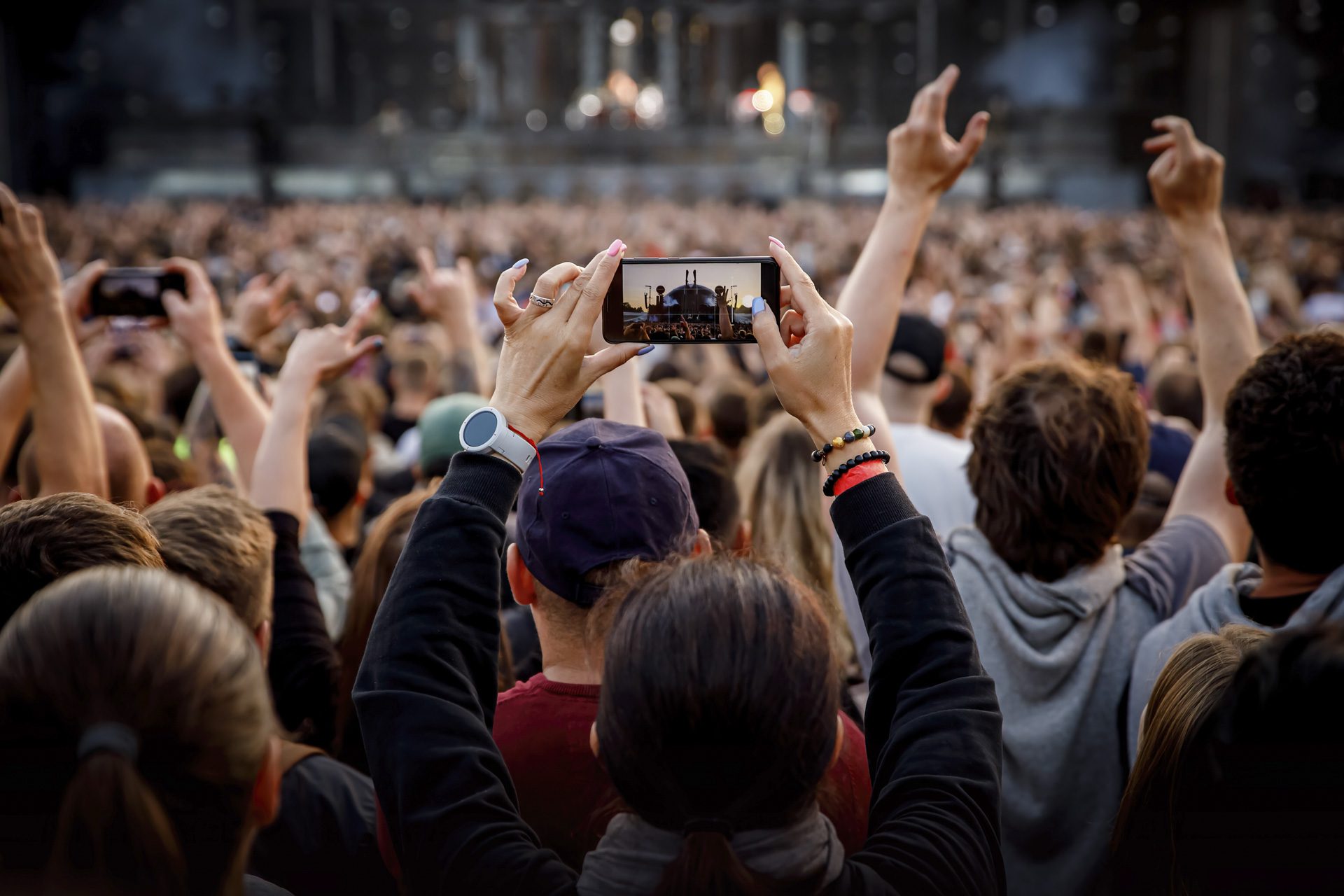

A Thriving Independent Scene
One of the areas in which Liverpool has flourished massively in the 10 years since Liverpool capital of culture is with its independent business scene. Liverpool boasts an endless choice of fantastic independent businesses, with new coffee shops, bars, and restaurants launching regularly.
A great example of the growing influence of independents in the city is with the Baltic Triangle area. This once abandoned spot is now one of Liverpool’s coolest neighbourhoods, filled with a mix of eatery’s, events spaces, and nightlife spots. The area is also a favourite location for start-up businesses taking advantage of office spaces in the Baltic Creative.


What’s Next for Liverpool City of Culture?
Over 10 years have passed since the capital of culture 2008, and speculations surrounding whether the upcoming years can exceed expectations and withhold 2008’s reputation are arising. Liverpool is to celebrate the past decade of unprecedented success through a year-long programme of inspirational Liverpool City of Culture events named ’Eighteen for 18’ to reflect the game-changing year the city experienced in 2008.
Now former Mayor of Liverpool, Joe Anderson OBE, revealed in 2018 that work was underway on ‘Eighteen for 18,’ which aims to shine a light on the importance of culture within the ongoing renaissance of the city and how it will play an important part in the blueprint for the success of the Liverpool City Region in the forthcoming years.
Festivals and events which began in 2008 are acting upon their legacy anniversary year to propel themselves into the forefront once again. Show-stopping exhibitions from local art galleries and museums and thought-provoking theatre performances are a hint at what can be expected, leaving the city brimming with passion, talent and creative spirit.
The Eighteen for 18 new commissions were integrated alongside celebrating the city’s existing cultural offer. It aimed to attract audiences of around five million people, and created upwards of £50 million for the economy and launched the Liverpool city of culture to the top of the ‘must visit’ cities in 2018, 2019, 2020, and 2021.
Liverpool Culture Company has a key role to play in the continued development across the city and initiates the drive towards increased cultural diversity and growth. A major role is to coordinate and support the city’s cultural infrastructure while reflecting the city’s characteristic creativity and underpinning Liverpool’s future position as a premier European destination for culture, tourism and investment.
It’s evident that the Liverpool capital of culture 10 years on has had a major impact on our city which still remains today. With a current year-on-year economic growth of around £1.6 billion, it’s evident that Liverpool will continue to grow and thrive well into the future, embracing its position as a UK city like no other.
